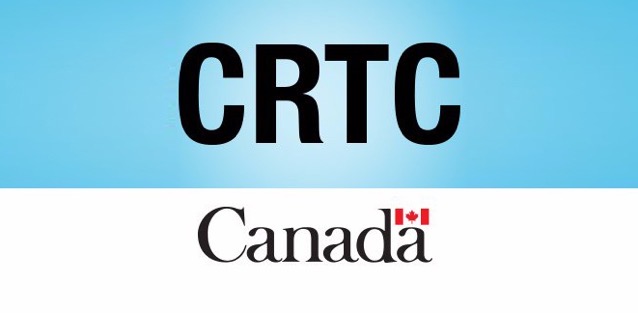
CRTC Warns Canadians of Increasing Text Message Scams

The Canadian Radio-television and Telecommunications Commission (CRTC) wants Canadians to beware of scam text messages that might be part of phishing campaigns — reports Global News.
Canada’s broadcast and telecom regulator said on Thursday that 83% of phishing messages reported to its spam reporting cell between July and September were sent via SMS. A CRTC spokesperson noted that while emails continue to be the prevalent medium for spam, “a shift does appear to be happening for the category of phishing messages.”
Between January 1 and October 18, the CRTC’s spam reporting centre received 2,157 reports of spam texts, the spokesperson revealed. In comparison, the department received 4,050 reports of email spam and 32,826 complaints for unsolicited calls during the same period.
“Of all the spam text messages submitted to the spam reporting centre, approximately 54 per cent are phishing, 18 per cent are unknown (insufficient information was provided in the complaint), 17 per cent are commercial and affiliate marketing messages, and five per cent are other forms of scams,” the CRTC spokesperson said.
Meanwhile, the Canadian Anti-Fraud Centre reported 5,136 phishing texts, 2,321 phishing emails, and 17,078 fraudulent phone calls from January 1 to October 20.
Phishing messages are designed to coax personal (and often sensitive) information out of recipients — usually by getting them to click on a dubious link. The most common kinds of text messages are ones that impersonate large or well-known companies like telecom operators and target their customers.
For example, some scammers spun up a fraudulent campaign to grift money from Rogers customers after the telecom giant announced it would compensate customers for a nationwide network outage in July.
The CRTC also shared ways for Canadians to spot and avoid spam messages. According to the telecom watchdog, Canadians should look out for the following red flags in the texts they receive:
- Asking for sensitive information
- Impersonating people or companies you know
- Spelling and grammar mistakes
- Asking for money in advance
- Using scare tactics or threatening violence
- Propositions that seem too good to be true
While phishing messages are statistically more successful against the elderly or less informed, they’re getting so sophisticated that practically anyone could fall for them.
“Spam often uses language designed to spark fear. For example, if a message says your account will be deleted if you don’t respond, it’s probably spam,” the CRTC spokesperson said.
“If the text offers prizes or money, or says you won a trip, beware. Don’t supply personal information or click buttons within the text message to claim a prize.”
The CRTC’s own chairman, Ian Scott, previously had his email spoofed. Perpetrators were able to impersonate Scott and dupe his underlings into buying and sending over thousands of dollars worth of gift cards.
Earlier this month, the CRTC also confirmed that the regulator’s employees have been targeted by phishing campaigns in the past.
“While not our top category of complaint by volume, we are concerned by the complaints made to us this summer and fall concerning text message extortion containing threats of violence (including death threats),” the CRTC spokesperson added.
“A rise in this kind of violent text message has been observed also by partner agencies.”

